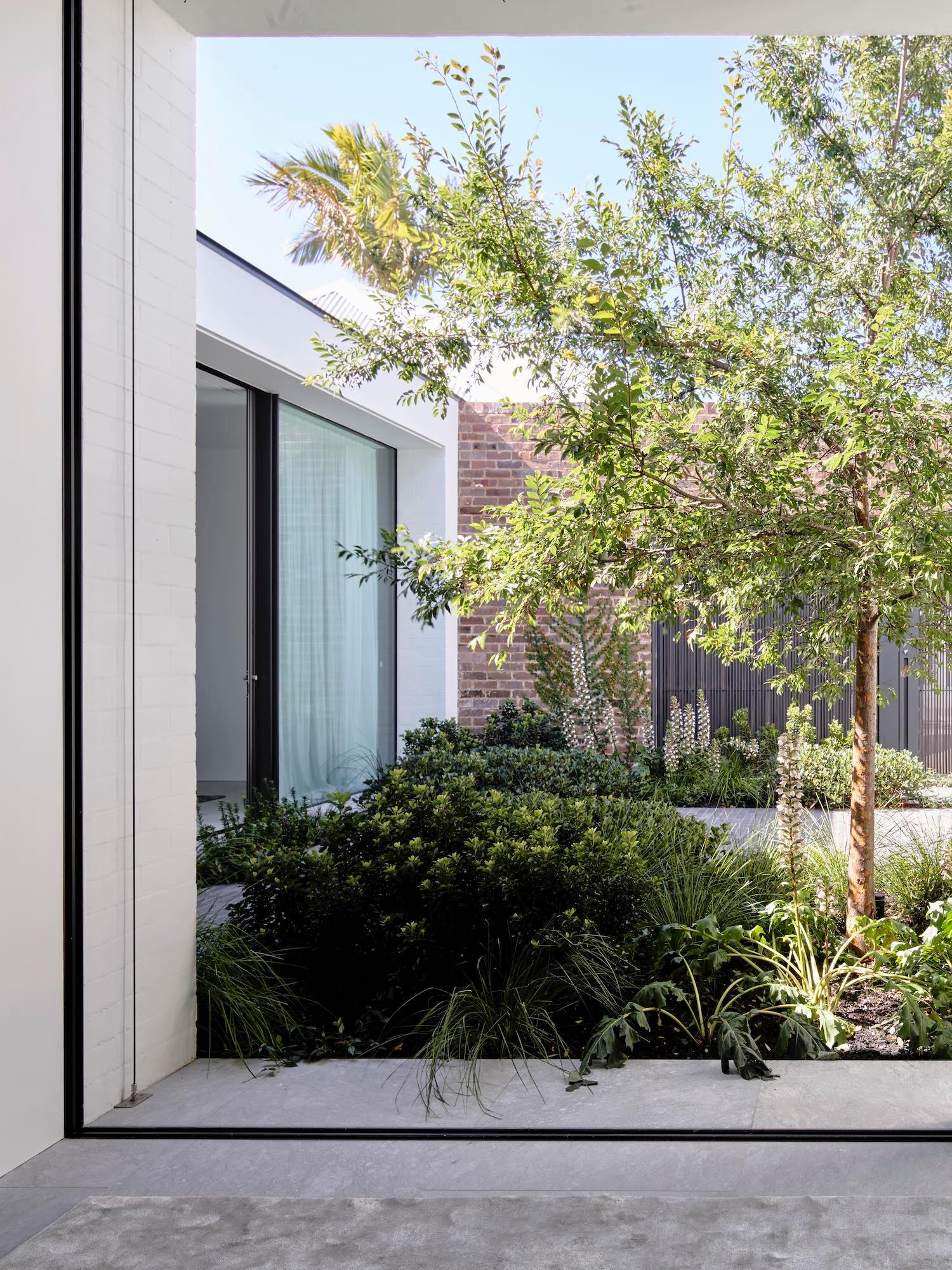The right feature tree adds structure, seasonal interest, and long-term value to any landscape. Selection should be based on your garden’s location, climate, and design intent. Below are five proven options suited to a range of Australian conditions.
Olive Trees (Olea europaea)
Best for: Coastal gardens and Mediterranean-style designs
-
Type: Evergreen
-
Height: 4–10 m depending on variety and pruning
-
Foliage: Grey-green, narrow, year-round coverage
-
Conditions: Tolerates salt, wind, and poor soils
-
Maintenance: Requires regular pruning to shape
Why choose it:
Olive trees are ideal for coastal areas due to their salt tolerance and drought resistance. They provide privacy, structure, and year-round presence. Can be clipped formally or grown informally depending on the design style.
Ginkgo biloba (Maidenhair Tree)
Best for: Formal or architectural gardens in urban or temperate settings
-
Type: Deciduous
-
Height: 10–15 m
-
Foliage: Fan-shaped, golden yellow in autumn
-
Conditions: Tolerates pollution, poor soils, and frost
-
Maintenance: Low once established
Why choose it:
Ginkgo offers strong vertical form and seasonal interest. Its fan-shaped leaves turn vivid gold in autumn. It suits both structured and naturalistic landscapes and handles a wide range of growing conditions, including urban settings.
Crepe Myrtle (Lagerstroemia indica)
Best for: Small gardens, feature planting, or streetscapes
-
Type: Deciduous
-
Height: 3–9 m depending on variety
-
Foliage: Glossy green; red, orange, or yellow in autumn
-
Flowers: White, pink, red, or purple (summer)
-
Conditions: Prefers full sun; drought-tolerant once established
-
Maintenance: Minimal pruning in winter to shape
Why choose it:
Crepe Myrtles are selected for their summer flowers, compact size, and seasonal foliage colour. They perform well in temperate to warm climates and tolerate a variety of soil types.
Japanese Maple (Acer palmatum)
Best for: Cooler climates, shaded courtyards, or formal gardens
-
Type: Deciduous
-
Height: 2–6 m
-
Foliage: Red, green, orange; changes seasonally
-
Conditions: Prefers part shade, protected from strong wind and direct sun
-
Maintenance: Low; prune lightly to shape
Why choose it:
Japanese Maples offer fine foliage texture and strong seasonal colour. Best suited to sheltered sites. Their compact size and formality make them ideal for entryways, small spaces, and layered plantings.
Chinese Elm (Ulmus parvifolia)
Best for: Feature tree or informal screening in larger gardens
-
Type: Semi-deciduous
-
Height: 10–18 m
-
Foliage: Glossy green; turns yellow or reddish in cooler climates
-
Conditions: Full sun to part shade; moist, well-drained soil
-
Maintenance: Moderate; benefits from occasional thinning
Why choose it:
Chinese Elms are fast-growing, adaptable, and provide strong form. Suitable for large gardens where space allows for their mature spread. Their graceful canopy and high tolerance to varying conditions make them a practical long-term choice.

How to Choose
When selecting a feature tree:
-
Match the tree to your climate (e.g., olives for coastlines, maples for cool sheltered gardens)
-
Consider mature size and growth habit to avoid overcrowding
-
Select based on your design goals — shade, structure, colour, or seasonal change
-
Factor in maintenance levels and water needs
Need Help Choosing the Right Tree?
Feature trees define the structure, shade, and long-term impact of your garden. If you're unsure which tree suits your space, style, or climate, take our quick Tree Finder Quiz to get matched with the right option.











